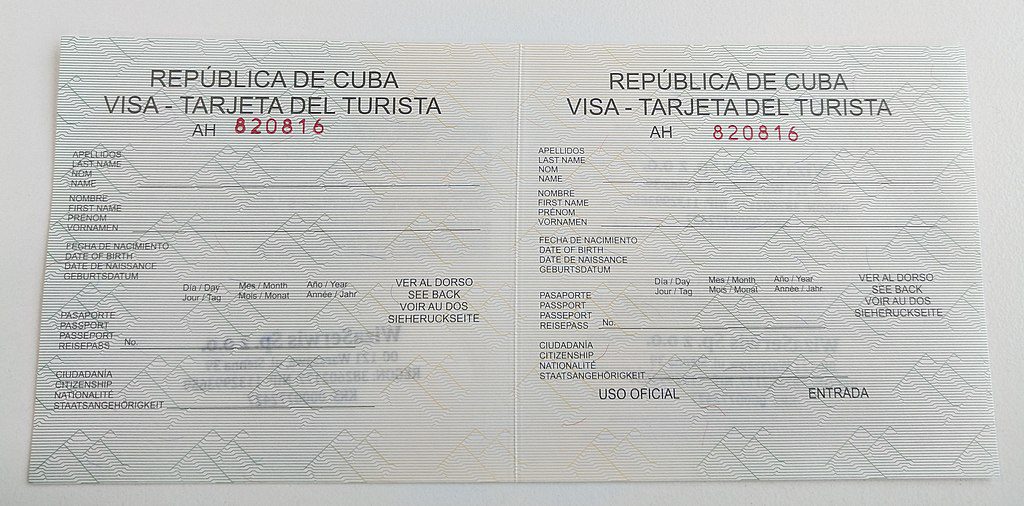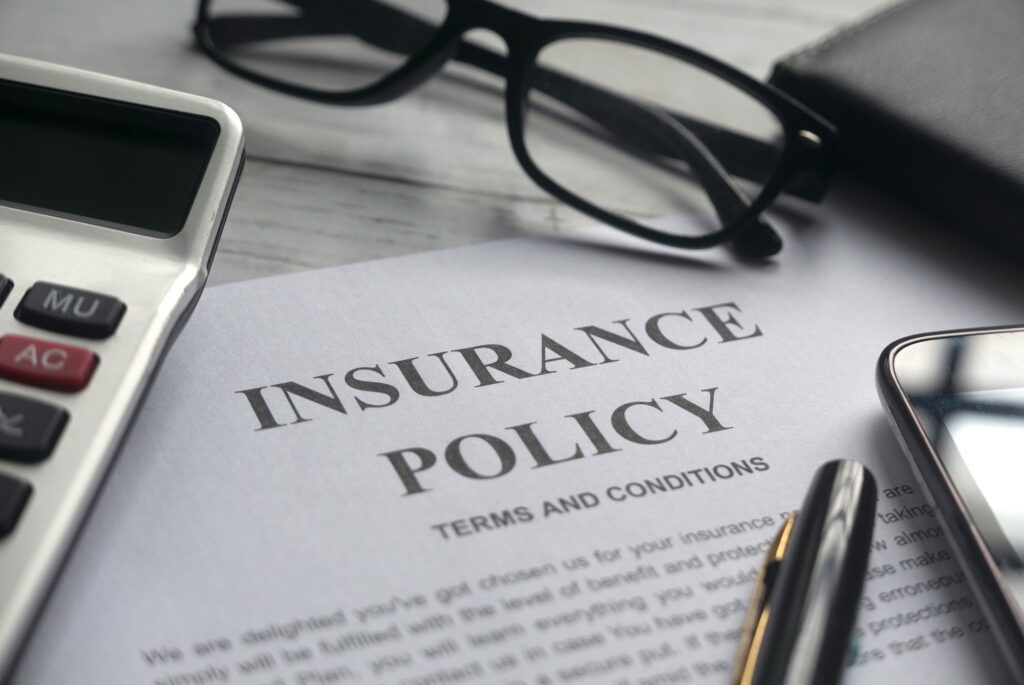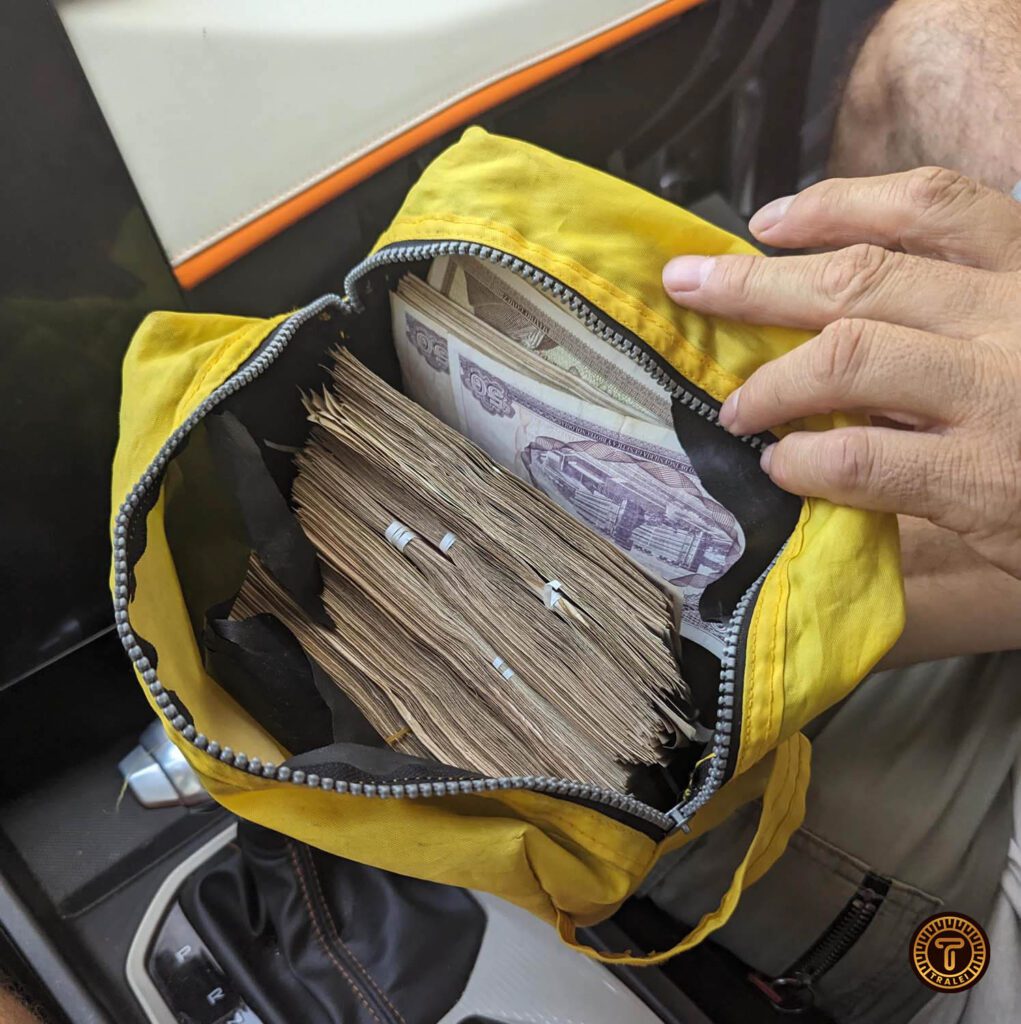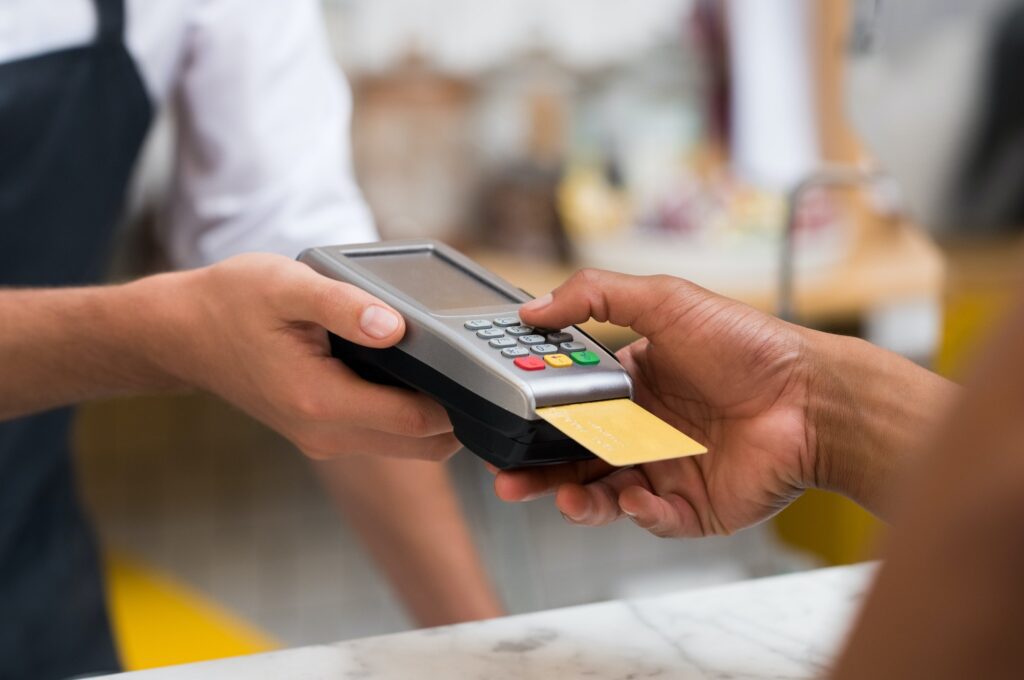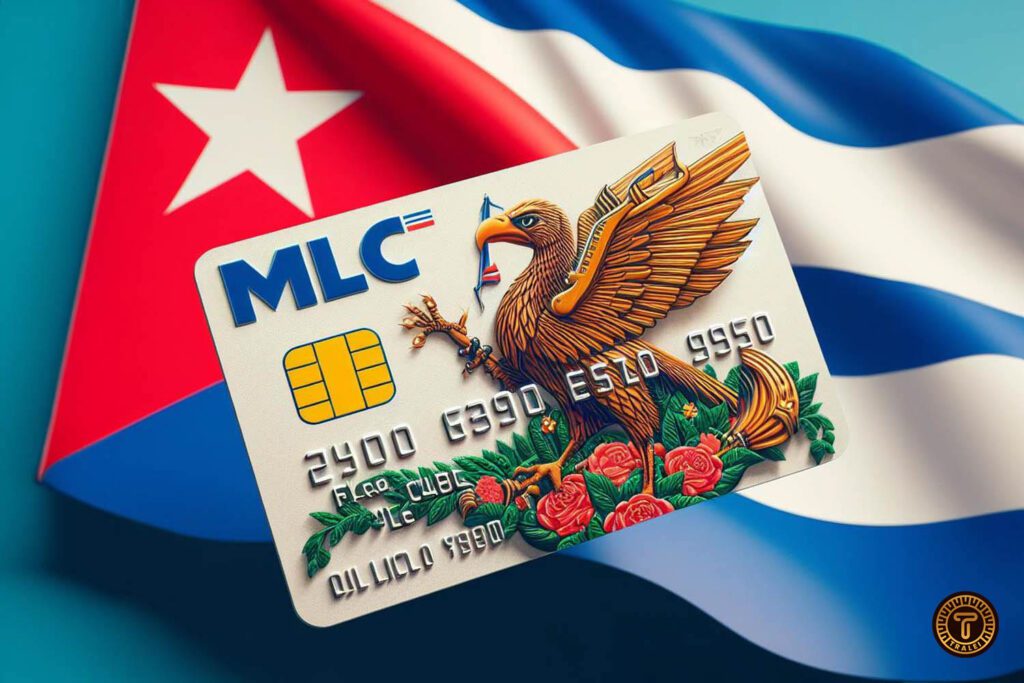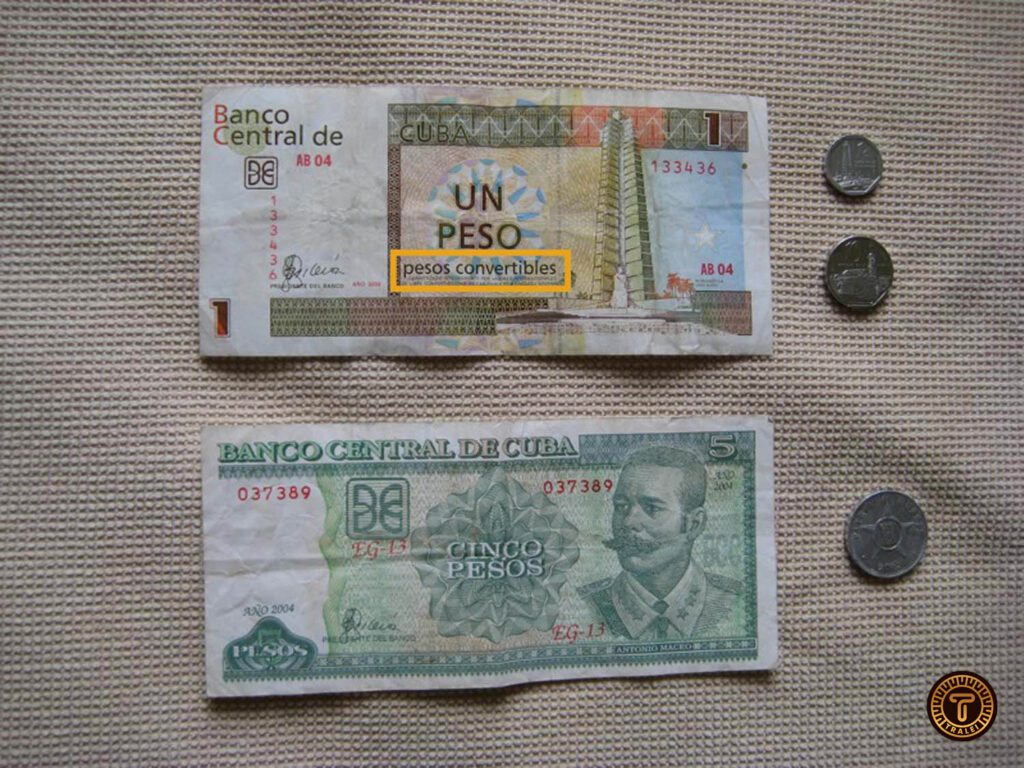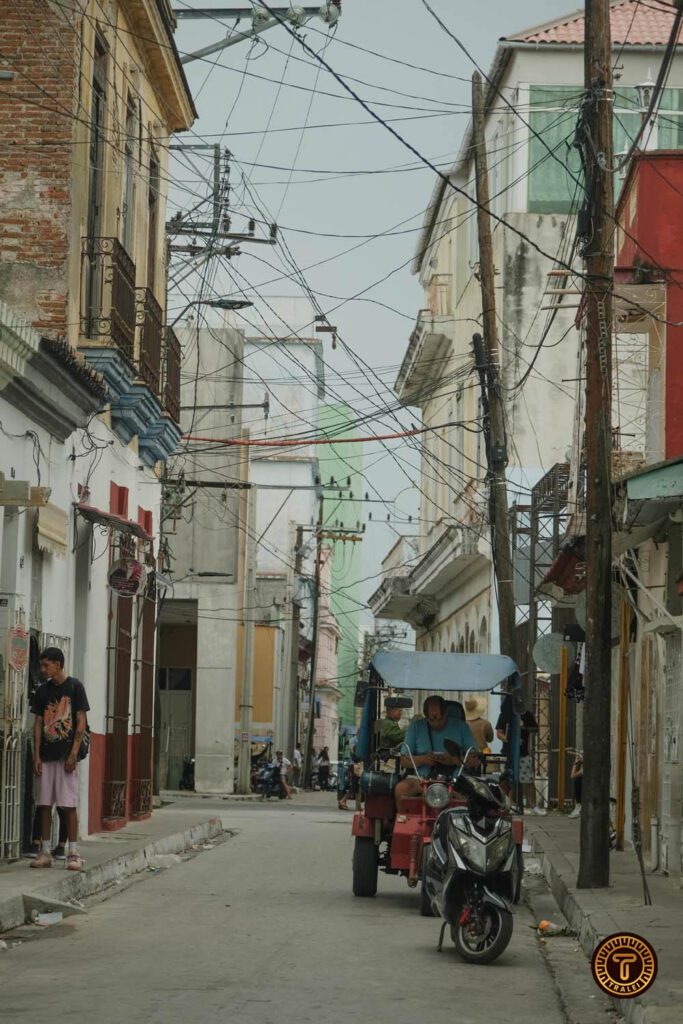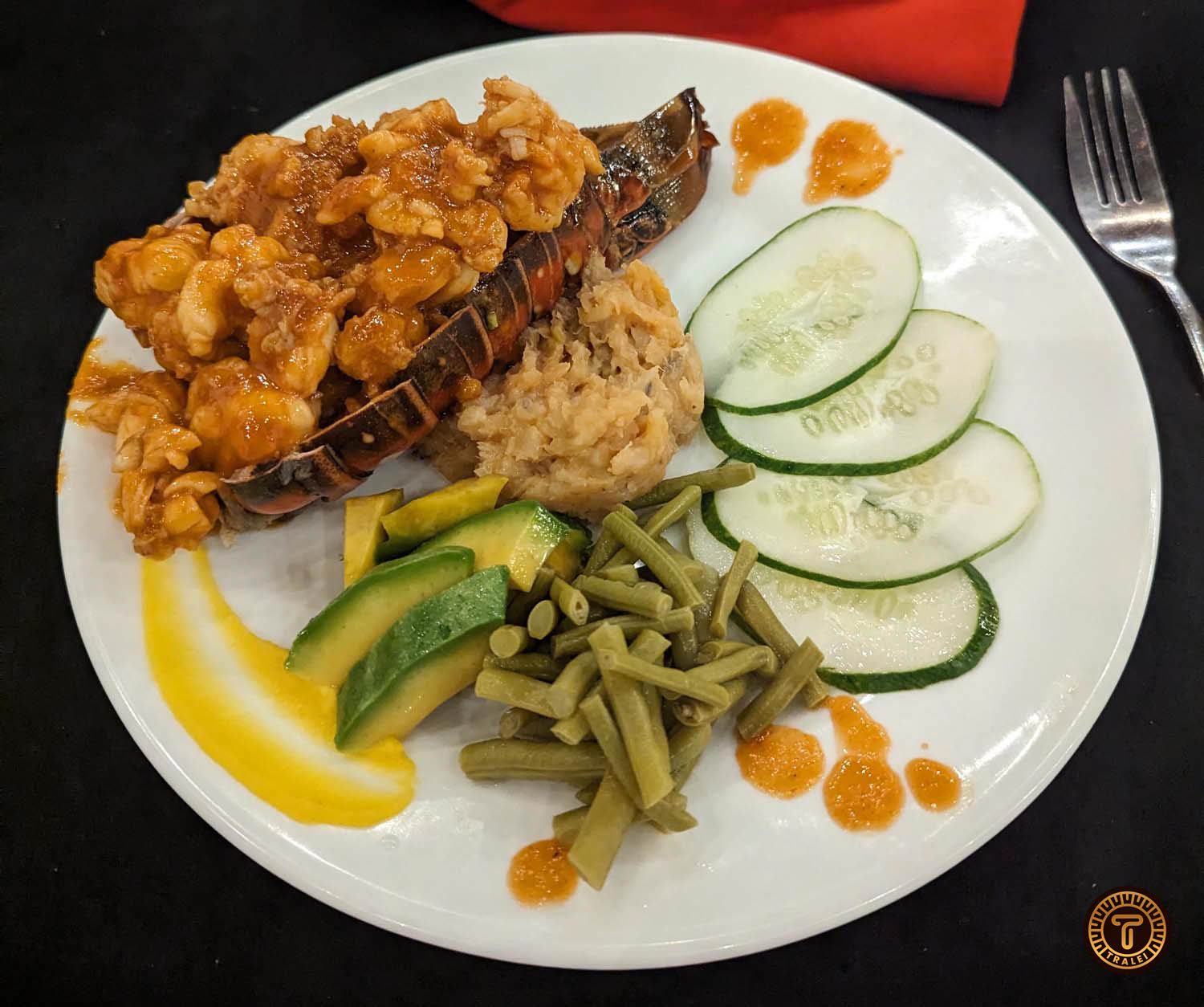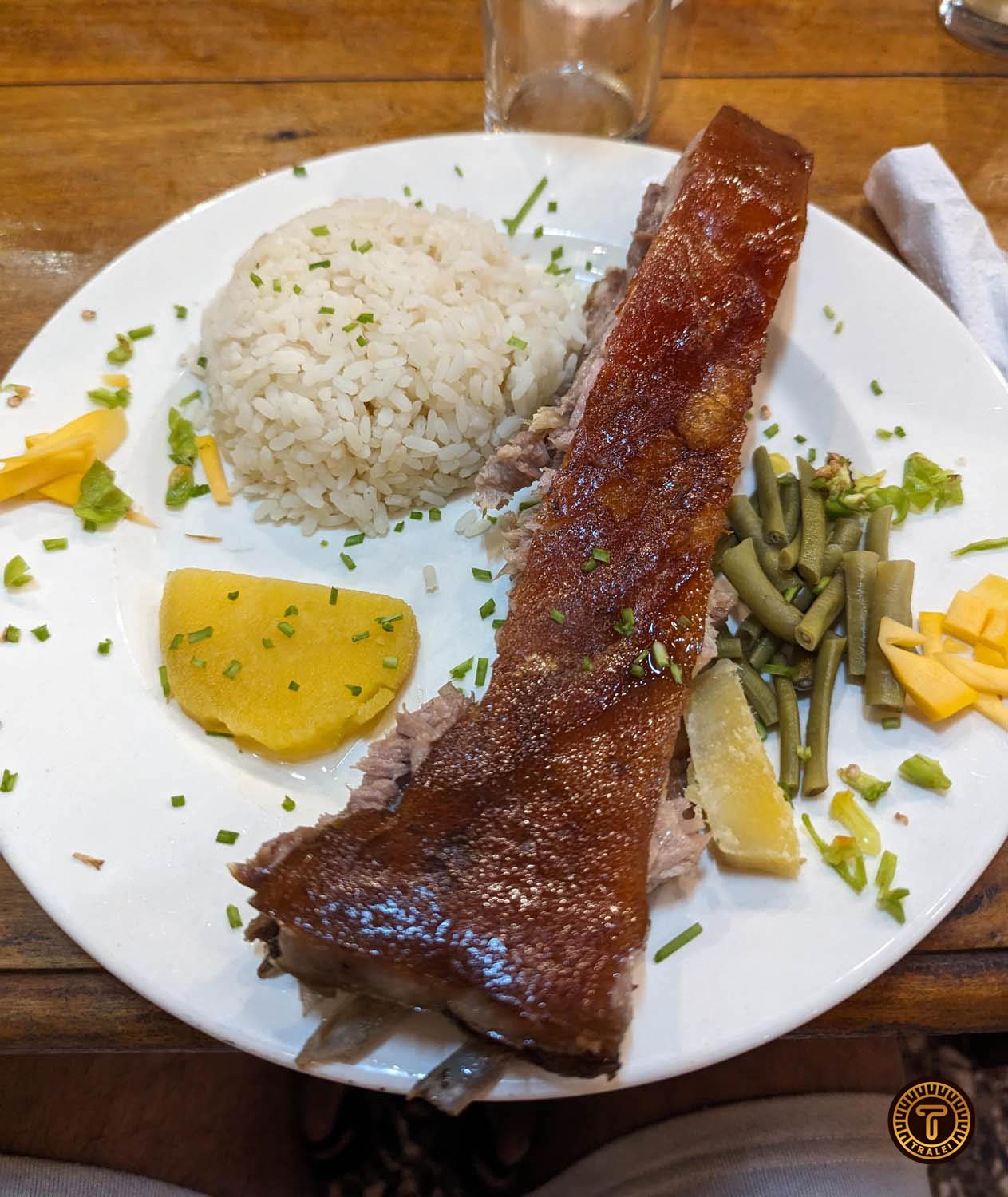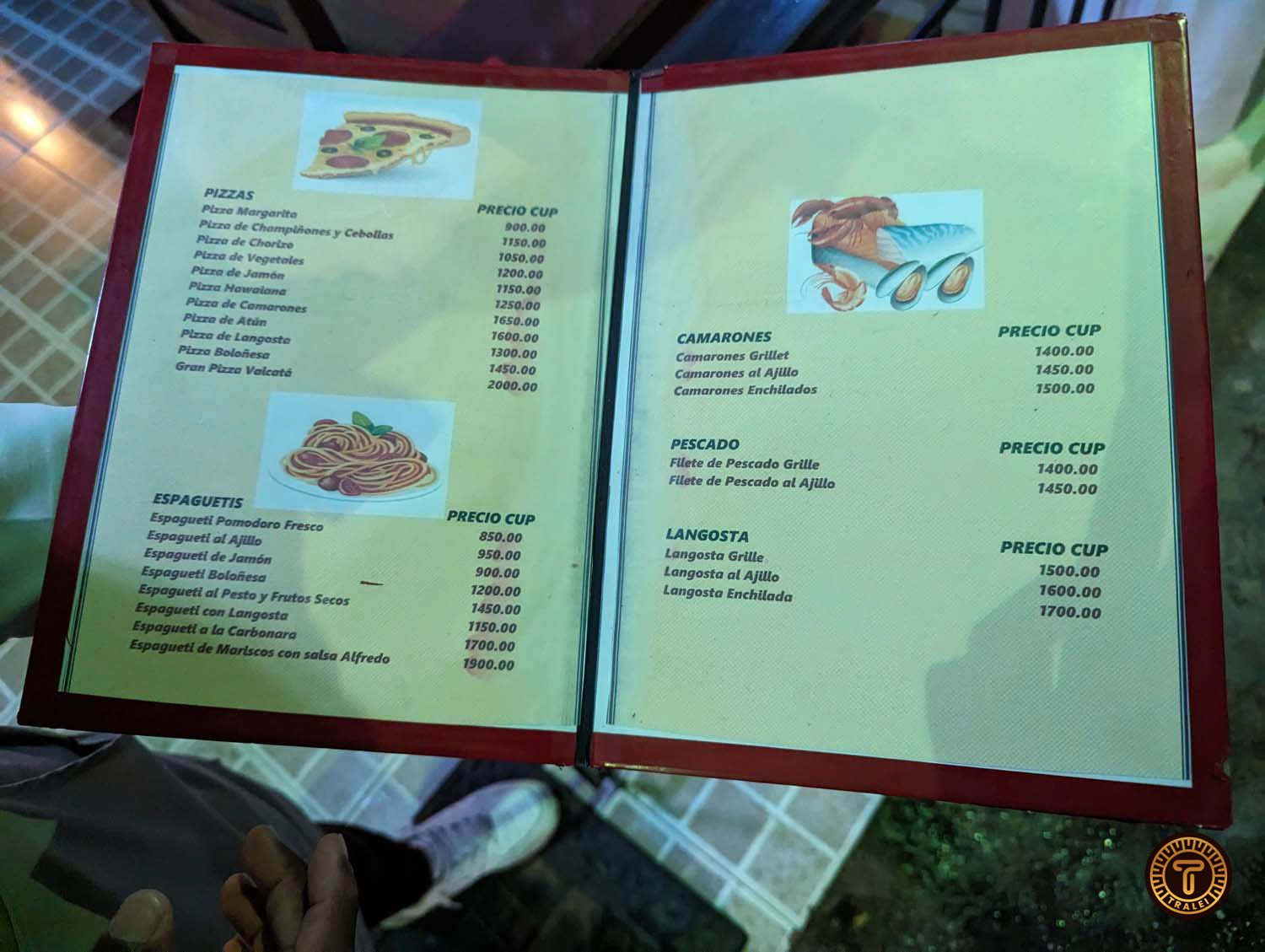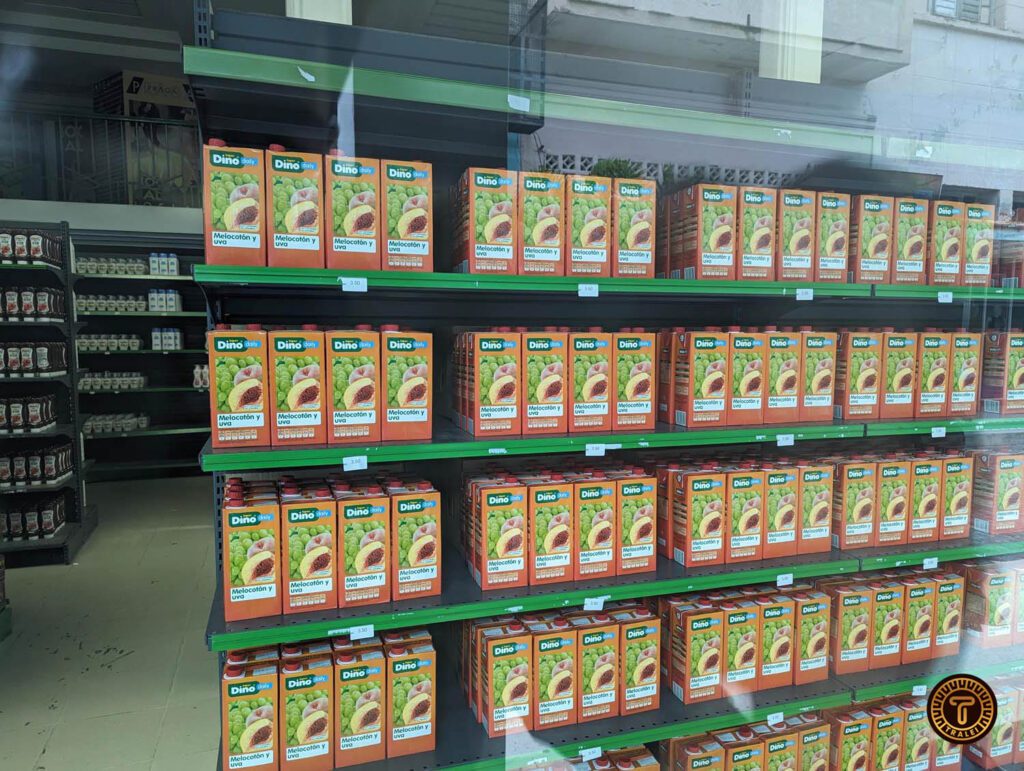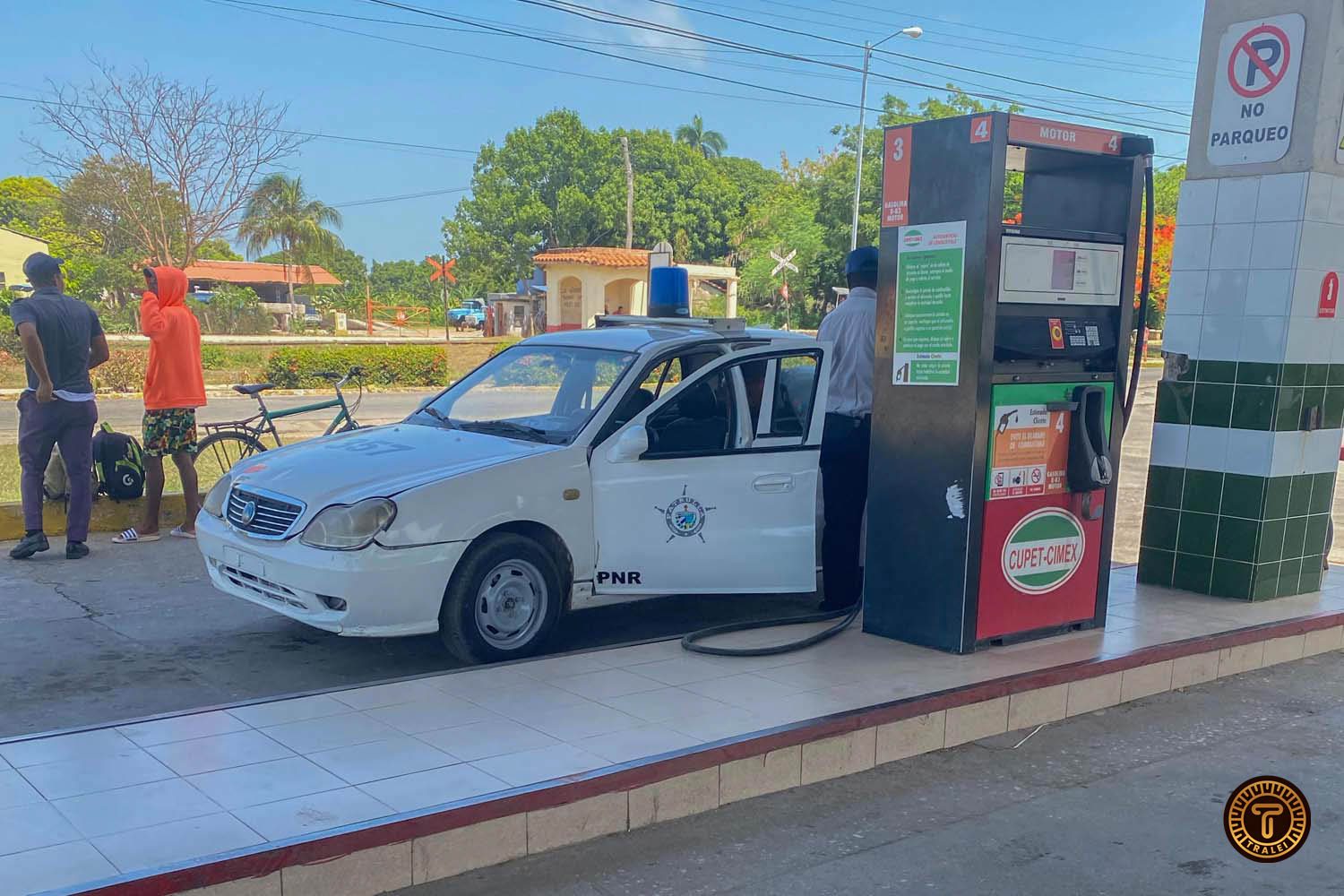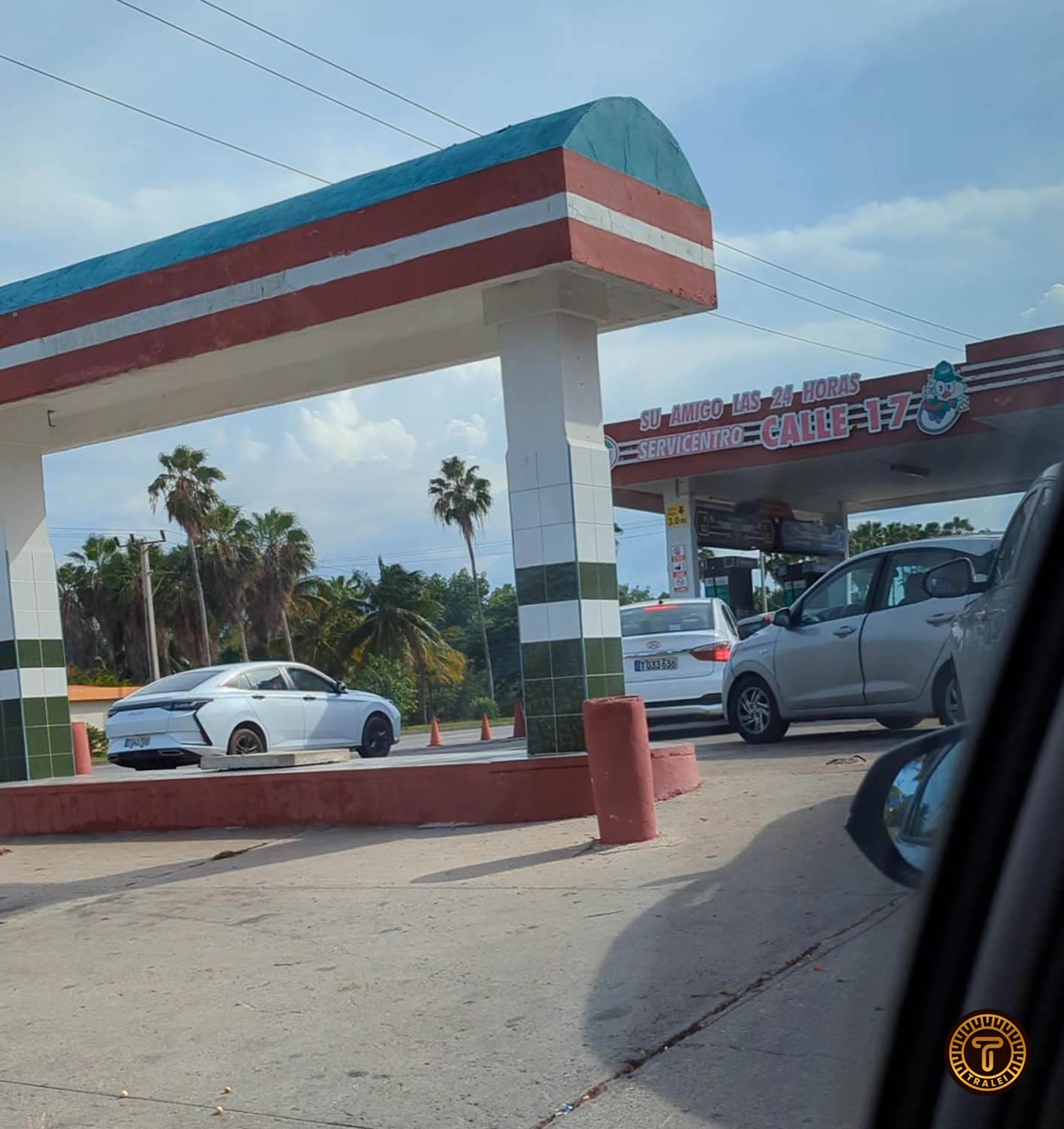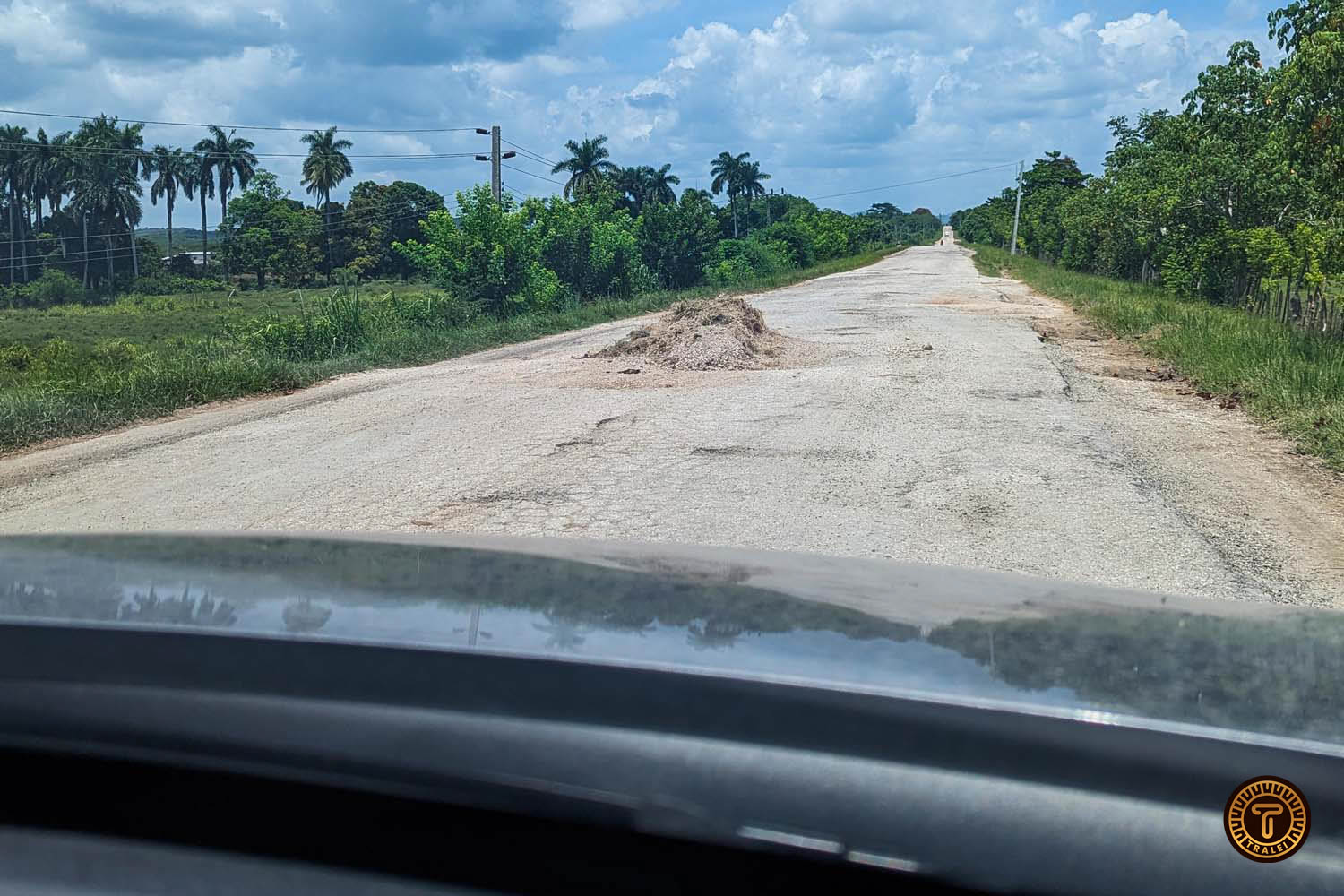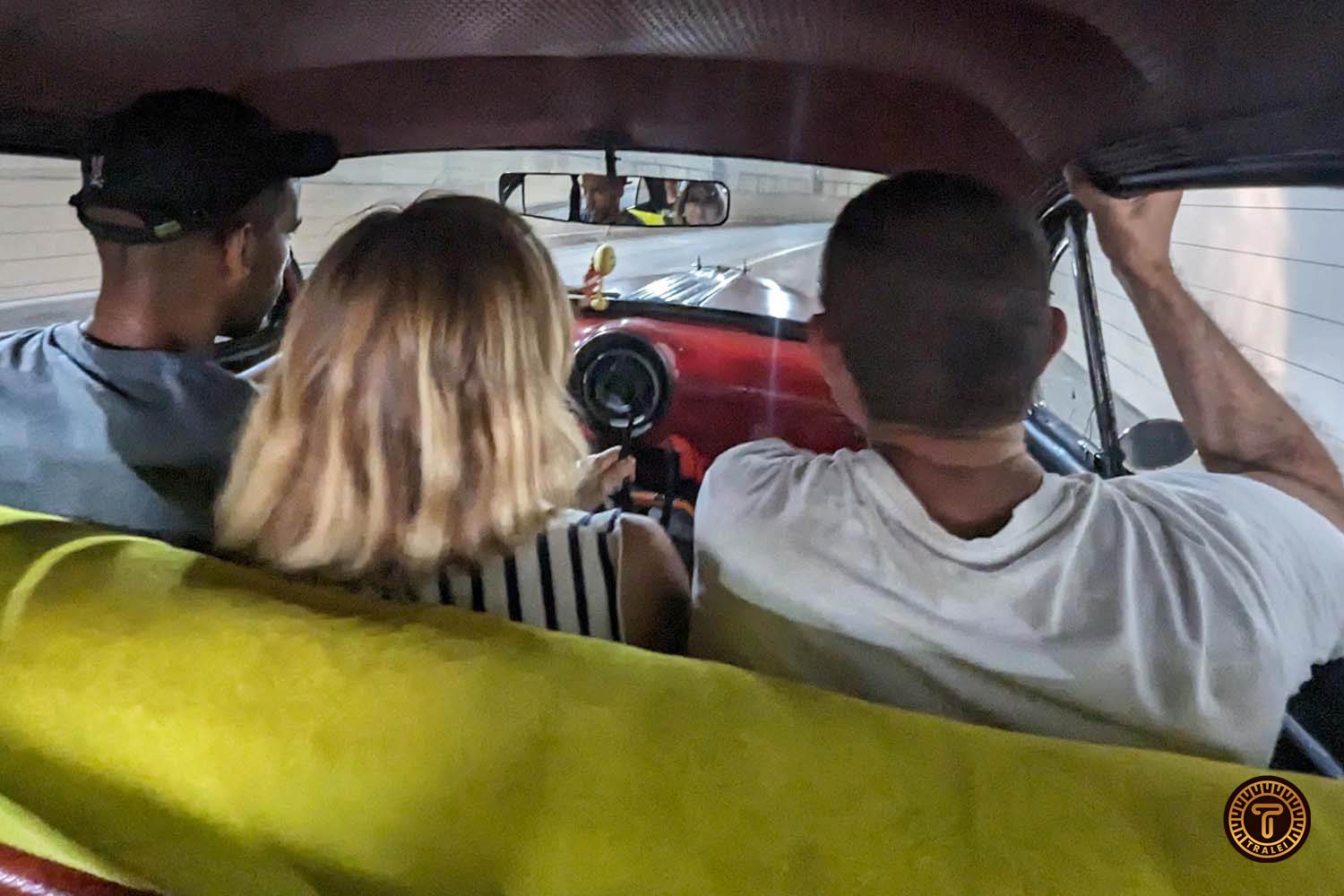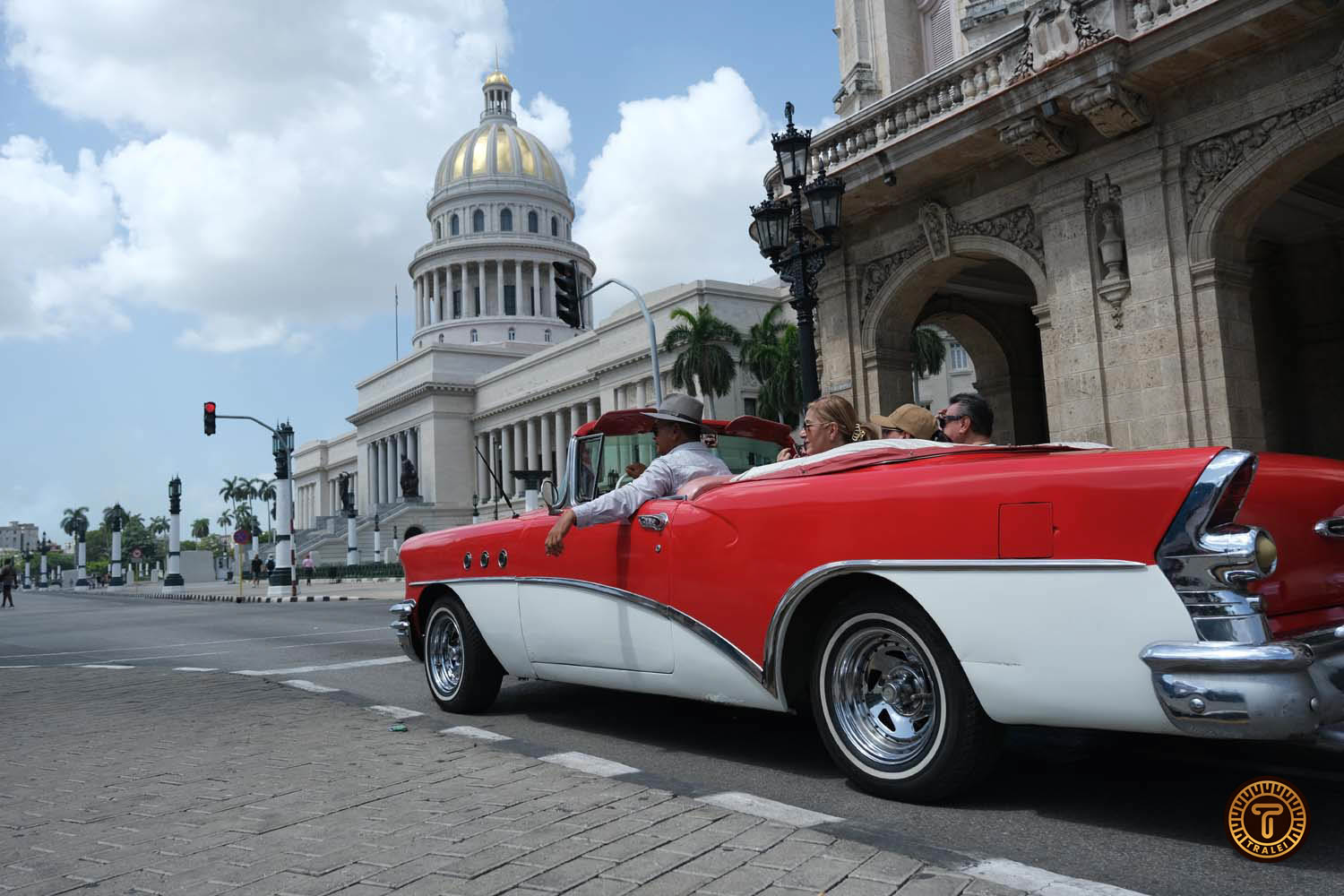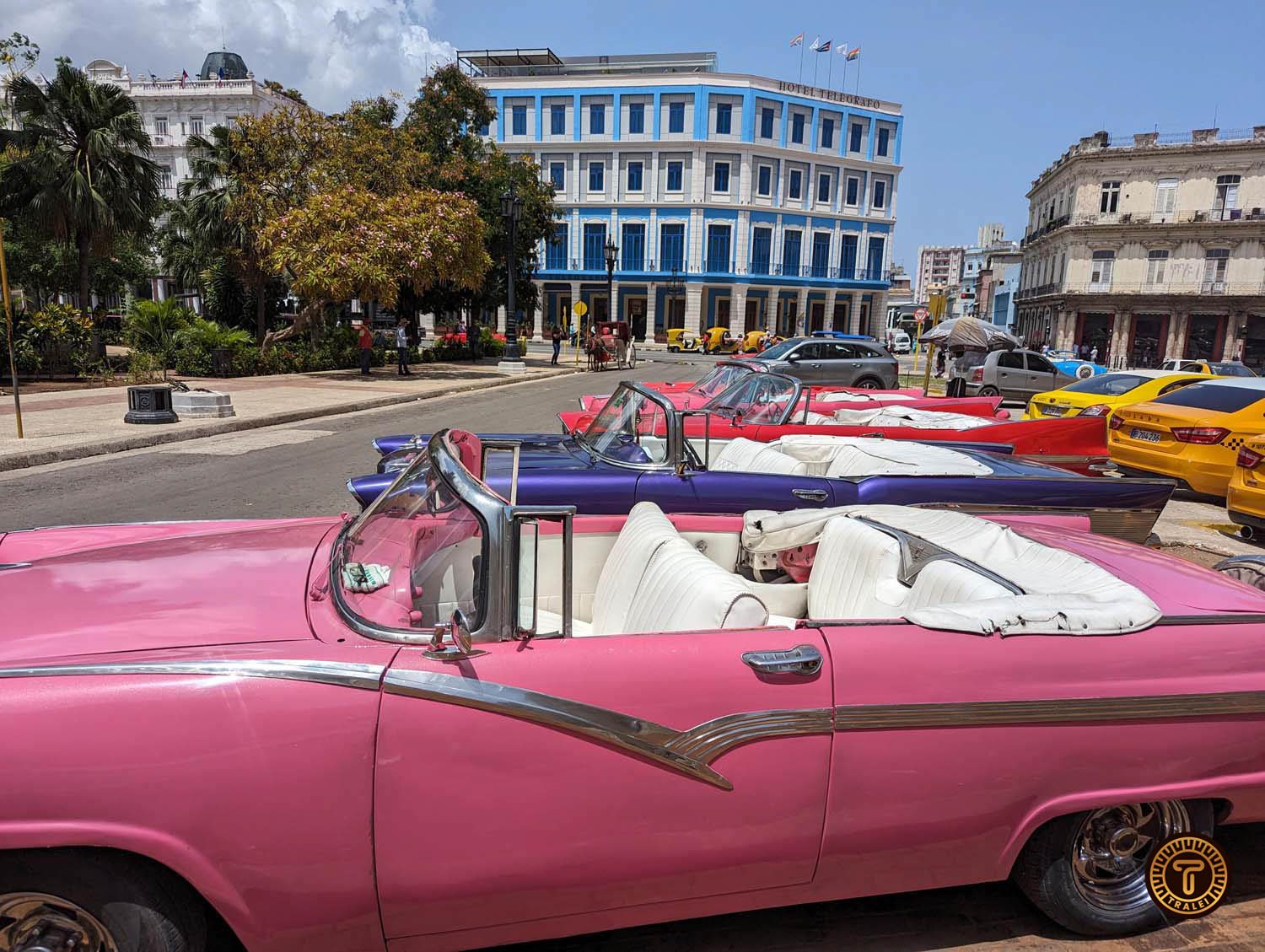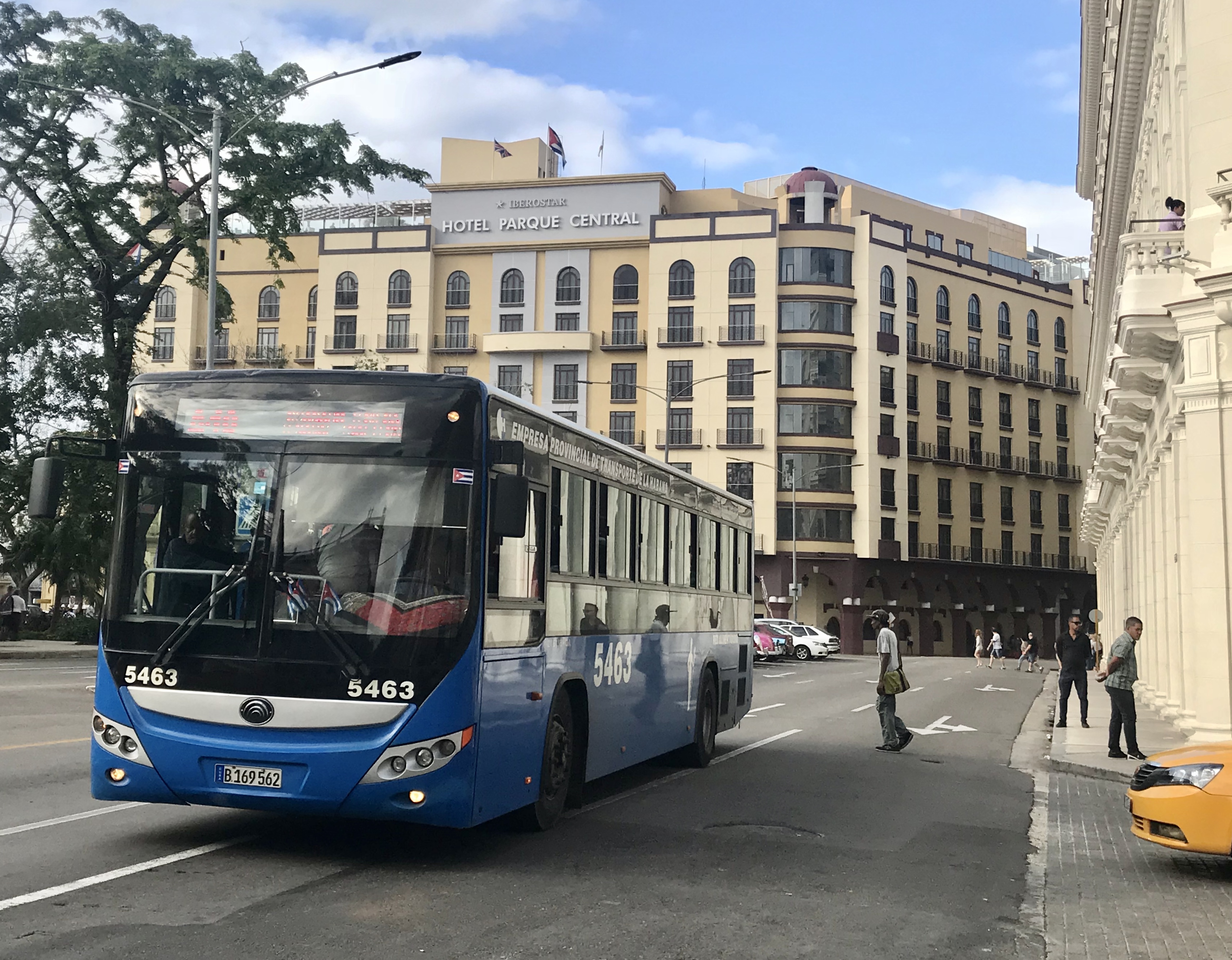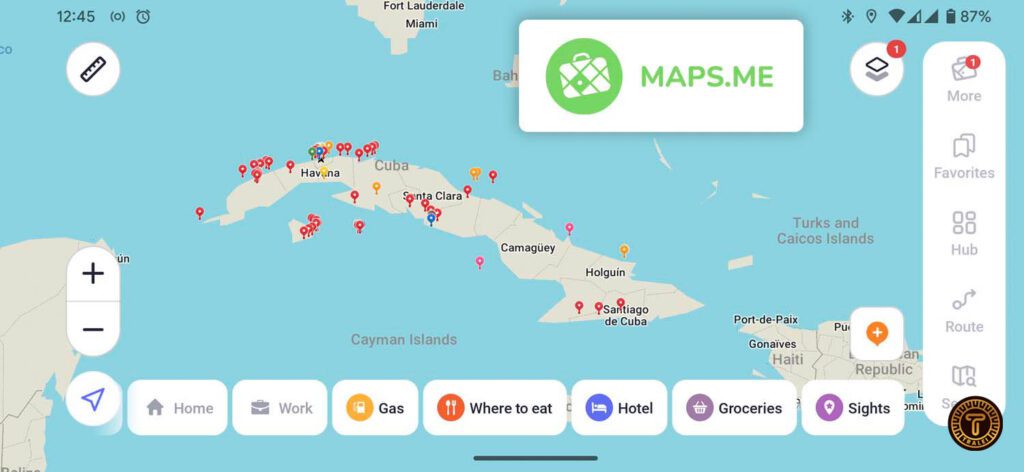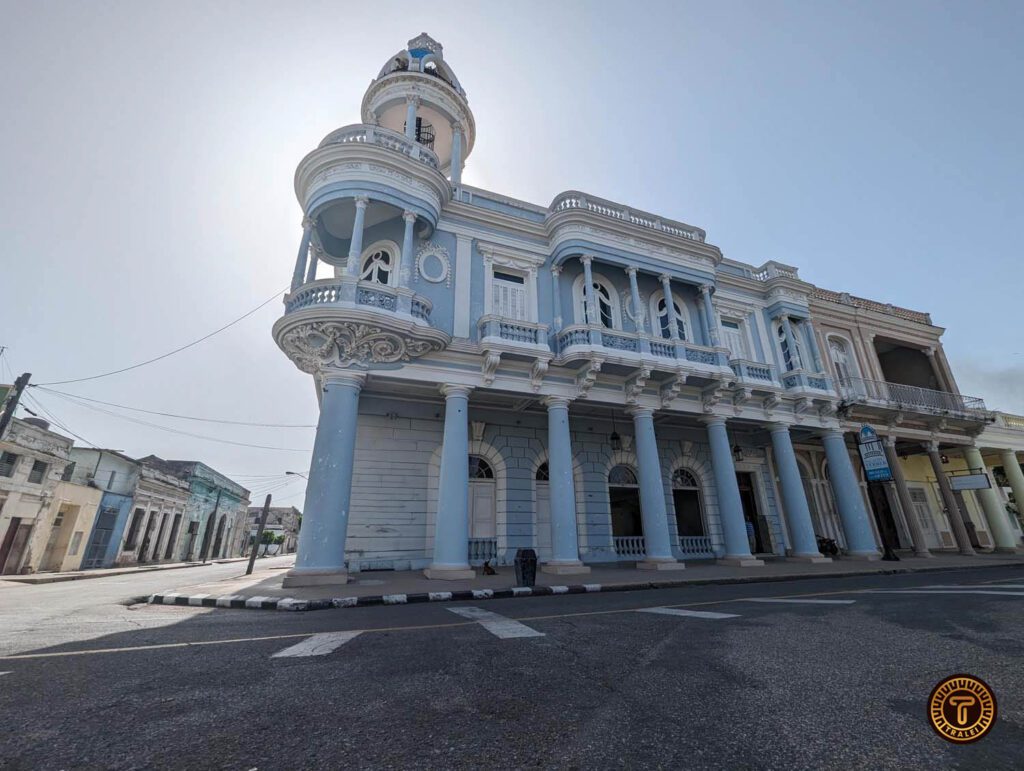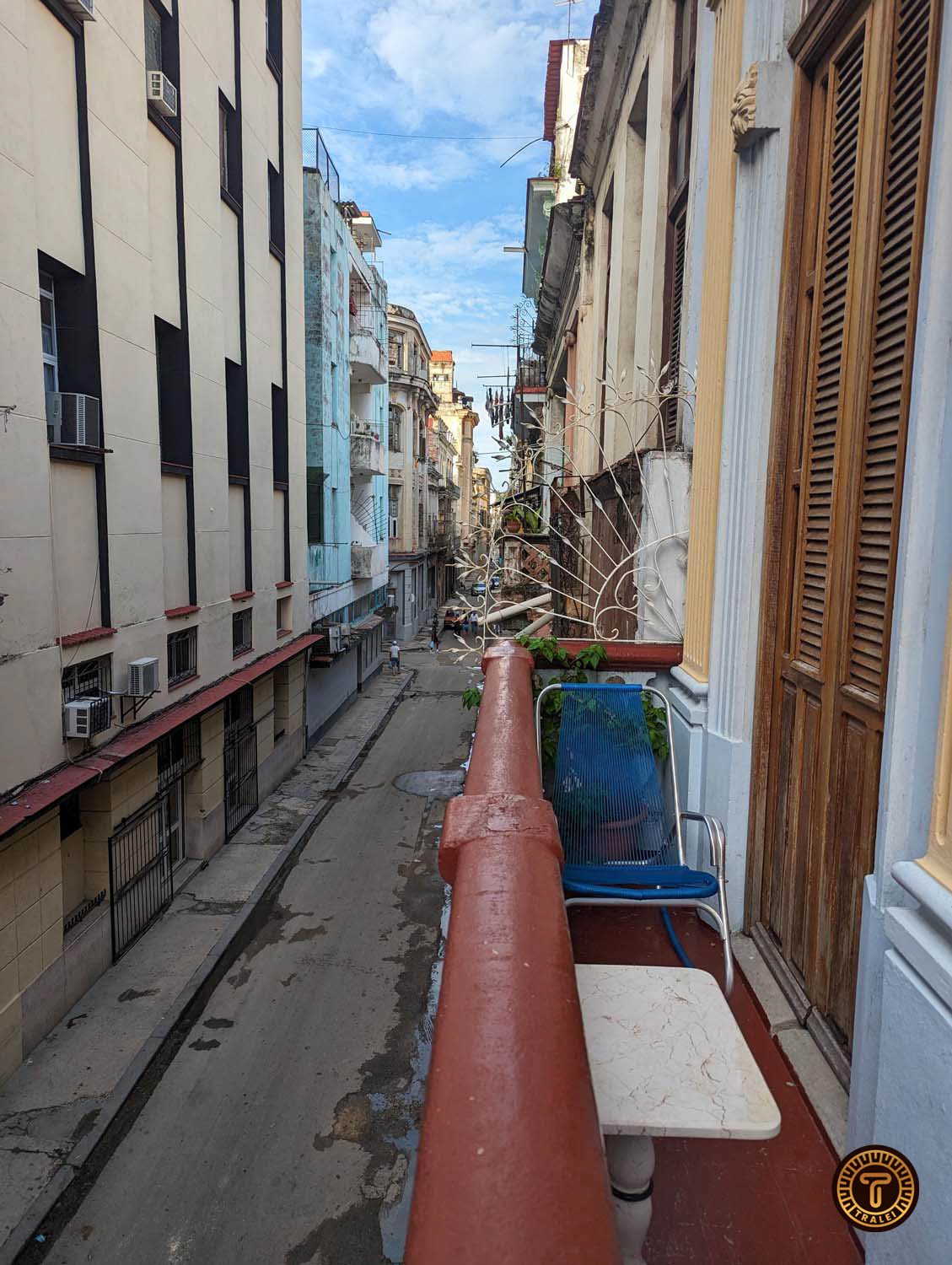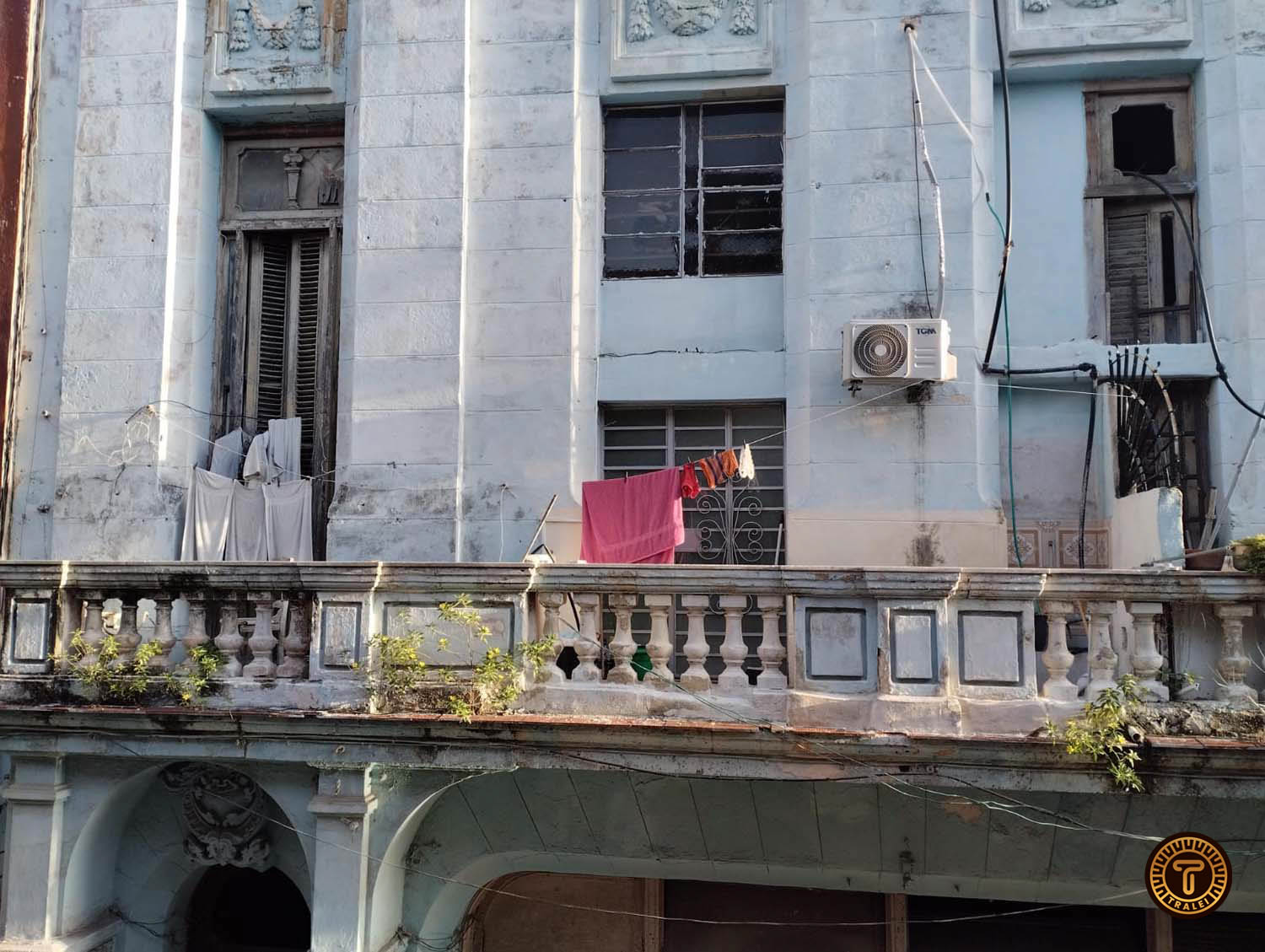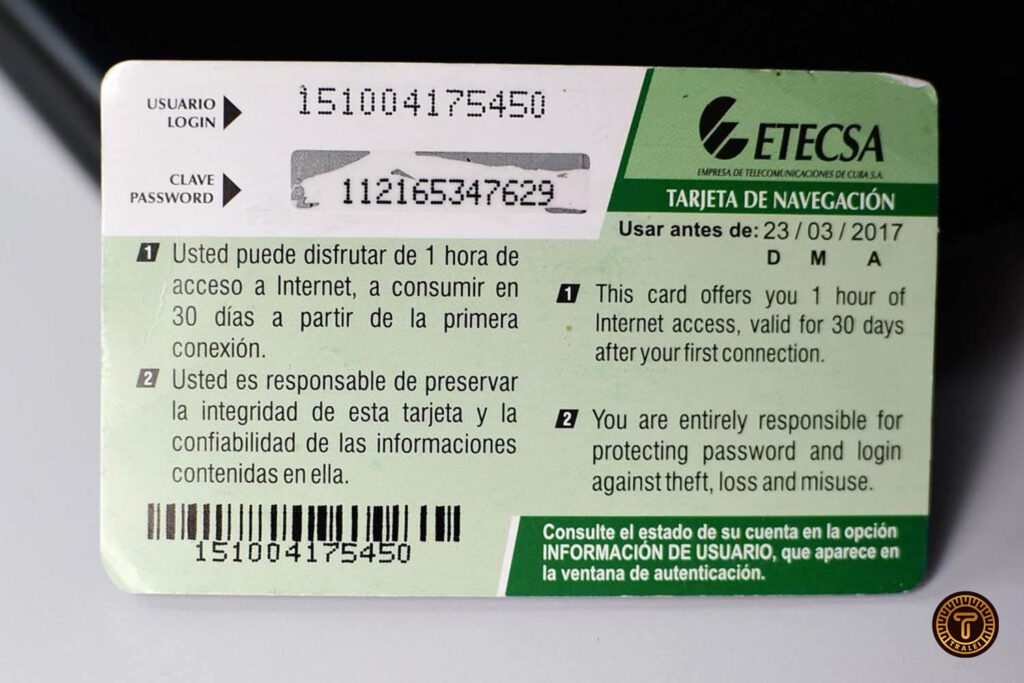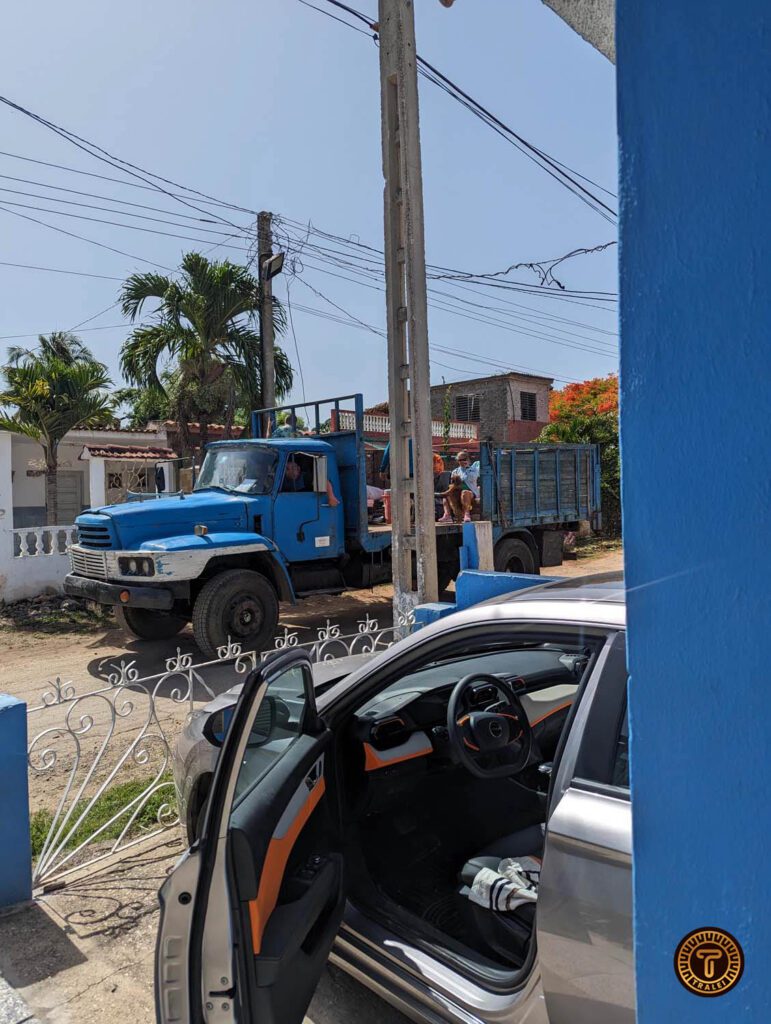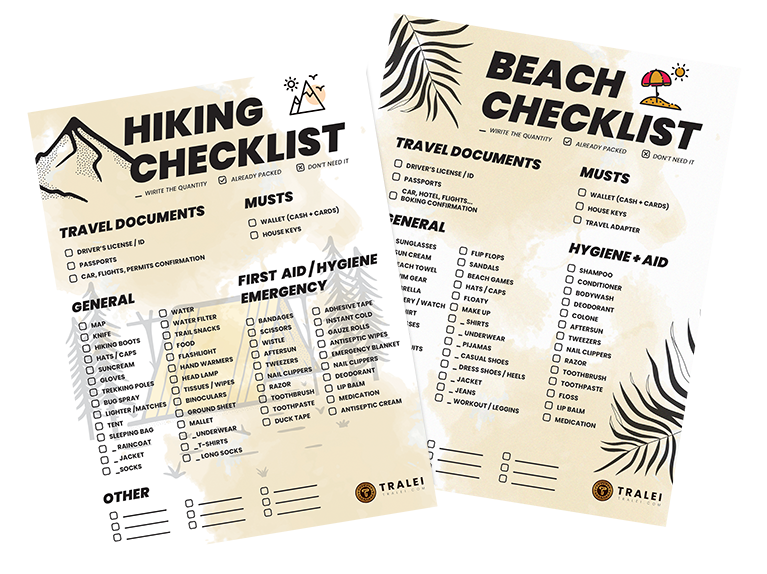Cuba is a particular country, it has colonial architecture, some stunning beaches great for diving and snorkeling, and very welcoming people among others. But it also has numerous things that travelers should know before their arrival to prevent them from having bad experiences because of traveling unprepared.
In this article, we will cover all documents required to travel, the different currencies used in the country, which ones to use and how to get the best exchange rates, some of the most common street scams that happen mainly in Havana, best food options, such as eating out vs cooking. We will also go over the best transportation means on the island and the differences between Cuban houses and Cuban hotels, and we will let you know how to stay connected with the different options to obtain internet access. Finally, we will give you some other tips to fully get you ready to make the most out of your adventure in Cuba.
¡Vamonos!
Table of Contents
1. Requirements
Passport Validity
As for most countries in the world, your passport must be valid for another six months before you depart for Cuba.
Visas
The requirements depend on your nationality and the place your flight departs before arriving in Cuba. All visitors must apply and obtain a Tourist Card which can be obtained in one of 2 ways:
- Directly with the Cuban consulate in your country by asking for an appointment and paying the fee that is around 25 EUR.
- Several agencies will send you blank visas by postal mail. This is the fastest and easiest option but it is a bit more expensive.
For USA residents, or anyone traveling from the United States they have to apply for a different visa which is about $130. Currently, US residents are only allowed to travel to Cuba for one of the following 12 reasons:
- Family visits
- Official business of the U.S. government, foreign governments, and certain intergovernmental organizations
- Journalistic activity
- Professional research and professional meetings
- Educational activities
- Religious activities
- Public performances, clinics, workshops, athletic and other competitions, and exhibitions
- Support for the Cuban people
- Humanitarian projects
- Activities of private foundations or research or educational institutes
- Exportation, importation, or transmission of information or informational materials
- Certain authorized export transactions
Note that some booking companies operating in the USA such as AirBnb or Hotels.com will ask for one of these 12 reasons before booking regardless of nationality. Just select any if that’s the case.
Insurance
The Health Department from Cuba requires mandatory medical insurance. That Includes:
- A policy of at least 10.000 USD
- COVID-19 Coverage
- Health & death repatriations
- Coverage during your entire trip
- The insurance company must be approved by the Cuban Government
If upon arrival you don’t have insurance you will be asked to buy it at the airport.
Filling out their Digital Form
Filling out an arrival, health, and customs declaration form is required at least 24 hours before entering Cuba, you can fill it out at https://dviajeros.mitrans.gob.cu/. Note that you must show proof of complete vaccination or bring a negative PCR COVID-19 Test.
2. Money
In Cuba, their official coin is the CUP (Cuban Peso). You only can use or exchange them inside Cuba. (They aren’t accepted in any other country even by exchange houses)
The Cuban coin is not financially strong so Euros and USD are welcomed in most places, you’ll just need to be constantly negotiating the exchange rate.
There is a big difference between the official government’s exchange rate and the street exchange rate. If you type in google 1 dollar to CUP you will get a very low number between 20 and 30. This is the international rate for trading Cuban pesos. But when you arrive in Cuba this number isn’t acknowledged anywhere. There are two other reference numbers that you should be working with.
In the summer of 2022, Cuba’s Central Bank established a new official government rate, as they were in need to obtain foreign currency. They established the exchange rate at around 120 CUP for every Dollar/EUR, (they change it depending on need but it is around this value).
And then there is the street rate, which normally is about double the government’s rate. We couldn’t find any page to check the official government rate, but they will tell you in places such as National Parks and other government-owned tourist attractions. For the street rate, we used Eltoque.com. (it is used as a reference number, but most people won’t give you that much, normally 10-15 pesos less than whatever is stated on the page)
It is also curious that on the street they don’t see the difference between EUR and USD they all have the same exchange rate.
We recommend waiting a bit and not exchanging all your money as soon as you arrive, (Taxis also accept euros and USD as payment). Then, see if your host (if staying with one) gives you a good exchange rate, so you don’t need to be constantly negotiating the exchange rate. Note that people normally don’t use big notes ( The smallest is 1 peso and the biggest is 1000 CUP) so stacks can get pretty big.
Credit cards
Foreign credit cards are rarely accepted in Cuba, only fancy restaurants and some tour operators have the means to accept foreign credit cards. (And in most of these cases you won’t even be able to pay in cash of any kind). For example, the entrance to Cayo de Santa María could only be paid in USD and with a CC. Tours operated by the “Gaviota” group also have to be paid with a foreign or MLC card.
It is also worth knowing that some North American credit cards are banned by North American banking institutions and can’t be used in Cuba, so it is worth calling your bank account before traveling.
MLC cards
MLC stands for “Moneda Libre Cubana” which translates as, Free Cuban Coin. This system works like a Debit card where you can add or send money to a card.
You can purchase these cards at the airport and you can also get any leftover money once your trip comes to an end.
Being a Debit card that works online there is only an official price. The exchange rates for MLC can also be checked at Eltoque.com
3. Street Scams
Cuba is generally very safe, there are very few cases of tourists being robbed or pickpocketed but Cubans will come up with 101 ways to trick and swindle you. In Havana, tourists are approached by Cubans asking if they want great money exchange deals, 50% off on cigars only on that day, to go to salsa festivals, or great local cheap food among others. We recommend replying “No Thank you” unless you want to end up with fake money, low-quality cigars, or a very pricey restaurant.
This is how the scams usually go:
Someone will very kindly approach you and start asking you a handful of questions about your trip. (where are you from, where are you staying, when did you arrive…) then they will wish you a pleasant stay and leave. A few minutes later a second person will approach you and act as if they know you from either, working at your hotel, being your host’s neighbor, or from the airport. (All made up lies from the information you provided the first person so that they can gain your confidence) We discovered this by lying to everyone who would approach us and then seeing how the next person came back with all the wrong information. For example, we told someone that we were staying with our host Maria on Obispo Street and 5 minutes later we were approached by “Marias’ neighbor” who just had seen us check-in)
Once they have your confidence they will try to trick you with :
Money, by being given a great exchange rate deal. Then your friendly scammer takes you to a dark street and warn you that counting money in public is very dangerous and that there are police around, so they will count the money for you. They will either give you fake money or give you less money than what you exchanged as every euro or dollar you exchange can be up to 4 notes, so you will be carrying a big wad
For the cigars, we were told that can only be sold by the government, which owns the Tobacco “companies”. The cigars from the “festival” that “ends today” are fake cigars, which have the official government seal, that has been stolen from the tobacco factories.
Finally, for the restaurants, people get a commission for sending you to certain restaurants. We were guided to one the first night that was supposed to be cheap, and when asking for the menu they said they didn’t have one, that we could ask for whatever, at 30 $/€ each. We immediately stood up and left. We later learned that the person guiding us was getting 10 $/€ for every person he referred.
4. Food
Restaurants
In Cuba, there are, at the present moment, shortages for almost everything, and food is not an exception. When entering any restaurant they will give you a menu with a great variety of options, but don’t be fooled, the first thing that you should always do before reading a menu is ask the waiter what food they have left.
There were numerous times that from a 30-course menu, they would only have chicken and lobster left (which impressively was the same price).
Another recommendation is to have dinner early as the food is brought in the morning every day so the later you go the fewer chances of them having any food left.
Supermarkets
Due to the financial blockage from the US Cuban supermarkets from the government are mostly empty. (As any country that trades with the Cuban Government could face economic sanctions too).
Private owners on the other hand can trade with other countries, so some supermarket chains will have food, from our experience the food in these stores was more expensive than eating at restaurants. These stores are also in MLC so you will need one of those cards debit cards to purchase any food there.
5. Transportation
Renting a Car
Only Foreigners are allowed to rent cars in Cuba, nationals have it forbidden. There are only a few car companies that offer car rentals for tourists and are all owned by the government. Before traveling to Cuba, everyone recommended us against renting a car, we heard many stories of people having to wait for cars for up to 7 hours, of them getting really old cars and of having completely used tires and therefore having flat tires during their trip. Apart from that, there is an enormous lack of gas in the country, and only tourists and some other vehicles are allowed to pump gas if there is any left at the gas station, even if there is (which is rare). Tourists are only able to put gas once a day and a limited amount (40 liters in la Havana, and between 5 and 20 liters in the rest of the country), if that isn’t enough the roads in the entire country are full of bumpsand the car insurance will only cover any damage to the car if accompanied from a police report. (Which depending on the area will be hard to get).
From our experience, the car was way better than expected ( they gave us a newer car than the one we booked, and one of the most modern cars in the country, which is the one they gave to most tourists). It only had 16.000 Km so the tires were still complete and we didn’t have flat tires in the 11 days we had the car for. The paperwork process was a bit slow, it took us 40 minutes despite being the only ones renting a car and having prebooked everything, and there was only 1 person attending everyone. So plan for a 40-minute wait for every person in front of you. Our biggest problems were the bumps in the road, and the lack of gas, so we suggest always driving during daylight, and stopping at every gas station, even if there is a big line, as you don’t know when the next opportunity will show up. It might be days.
Booking a Taxi
If you don’t want to be constantly worried about insurance, damaging the car, or if you will have enough gas to get to your next destination your next option is booking a taxi beforehand. This might be the most expensive option (depending on the number of people) but the safest. Different agencies offer these services and you will need to negotiate pricing with them. In some, you can do it beforehand but you can also do it once in Cuba (note that most require reservation in advance.) To check for a reference in pricing you can go to TaxisCuba.
There are different types of taxis too:
- The old 1500s taxis: used mainly for smaller distances, (although some drivers make long trips with them)
- The Fancy classic cars reconverted: Used for tours around big cities.
- The normal Yellow American Taxis (these are normally more modern cars with AC used for longer trips)
Bus
Another good transportation option is using the buses from the national company which is called Viazul. This is the cheapest option to travel and normally buses follow their schedules. You can book all their routes at their website here
6. Hotels vs Houses
Hotels
All hotels in Cuba are owned by the government (they have 51% of the shares of every hotel by law) therefore, because of the blockade from the USA to the Cuban government, US citizens aren’t allowed in any hotel.
Note that in some locations such as in Cabo de Santa María, there are no houses so you’ll either will need to stay outside the Bay Area or book a hotel.
Cuban Houses
If you are coming to Cuba to get to know the country better this is the best option, and the only one if you only have a United States passport.
By staying at someone’s house (You can either get rooms or entire apartments and houses) you will be helping the Cuban people. Most salaries in the country are very low and Cubans have to work extra jobs just to survive. Even though the government charges a lot of taxes for Cubans to rent their houses they still make more money this way.
Your host can also be of great help as the situation in Cuba changes constantly. They will be the best people to ask questions to and to guide you about your specific destination in Cuba. They will also be the people that you can trust to exchange money, and most hosts will help you arrange taxis, food options, and everything you need in Cuba. All our hosts were very helpful and accommodating, they also showed us the realities of the Cuban people.
7. Internet
In Cuba, there isn’t such thing as free internet. You’ll either need to buy timed passes or get a SIM card with cellular data.
Cellular
In order to get internet on your phone you will need to go to an “ETCSA” store with your passport. The sim card is valid for 30 days from activation and the price starts at $35 which will get you 6GB of mobile data, 100 minutes to call nationally, and 100 SMS. The internet access is very slow and the speed varies between hours, depending on how saturated the network is (They told us that between 8:00 P.M. and 10:00 P.M. were the periods with higher demands and therefore slower internet) there is also some blocked content such us TikTok and other sites, so we recommend getting a VPN Just in case. We used Surfshark and it worked perfectly. Lastly, you should know that they don’t currently offer E-sims so you won’t be able to get a plan if your phone only uses this system.
Also, be ready to wait for a while (20-30 min) in line to get attended.
8. Other Information
Humanitarian Aid
Cubans are in desperate need of almost everything. But what they mostly need is medicine and clothing. Since COVID all the Cuban pharmacies are out of even basic pills as “Paracetamol”. That’s why the Cuban government has lifted all customs restrictions for all luggage containing medicine, food, and clothing.
If you can bring any of this in your suitcase we highly recommend it, even old clothing will make Cuban people very happy.
Use the official vs the street exchange rate in your favor
For example, some attractions would have an entry fee of 10 Dollars. If owned by the government, we would ask if we could pay in CUP.
If given the option, we would ask for the conversion rate, and we would normally be told the street rate. (let’s say 240). Then we would argue that 240 was the street rate and that as they were a government site they would have to go by the government’s exchange rate.
After a bit of going back and forth most would accept, getting an exchange rate of 120 CUP to USD. This way as we had exchanged our dollars previously at around 240, the cost for our ticket became 5 USD.
(To understand refer to the money section)
And with all of this information, you should be ready to start your trip to Cuba. At Tralei we hope that you have an incredible stay and we would love to hear from you once your trip is done to see if the tips provided were valuable or to share your own tips and experiences with other readers.
Thanks for reading and safe travels!
